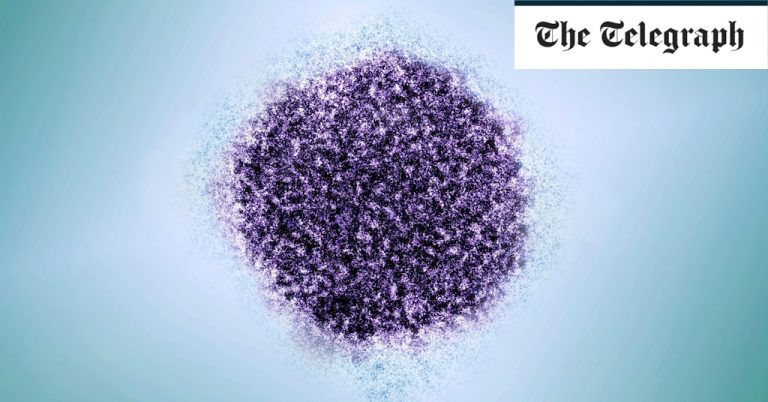A new NHS England testing initiative, announced this week, aims to identify those unknowingly living with hepatitis C through new rapid liver scanning and portable testing units.
The programme is set to be deployed through clinical outreach vans at drug and alcohol support services and some GP practices – with hopes of eliminating the disease in the UK by 2025.
Those who have ever injected drugs, had medical treatment abroad, or had unprotected sex with an at-risk partner are encouraged to get checked, and will be given effective antivirals to treat the disease if they test positive.
But treatment for both hepatitis C and B varies greatly across the globe.
“The drugs that have been developed are extraordinarily effective – they’ll cure around 95 per cent of patients, but having the drugs is one thing and getting the drugs to the countries that need it is another,” said Dr Irving.
There is a vaccine to protect against hepatitis B, which should be administered in early childhood. However, many countries, particularly in the global south, do not have access to it.
In Africa, where 63 per cent of new hepatitis B infections occur, only 18 per cent of newborns are offered the jab.
There is currently no cure for hepatitis B, meaning that, once contracted, it can become chronic and lead to severe – and fatal – liver damage.
Antivirals can help manage the condition and reduce the risk of developing cancer and cirrhosis, but in 2022, only three per cent of those living with chronic hepatitis B received any form of treatment.
Hepatitis C can be completely cured with antivirals sofosbuvir and daclatasvir. Still, only 20 per cent of those living with the infection – 12.5 million people – are treated each year.
This is partly due to huge disparities in the pricing of these medicines, meaning many countries fail to procure them.
“Low-income countries continue to pay prices much higher than the benchmark price, such as $1,050 in the Democratic Republic of the Congo and US$ 481 in Cameroon for the sofosbuvir/daclatasvir fixed-dose combination,” the WHO said in its most recent report.
Protect yourself and your family by learning more about Global Health Security
